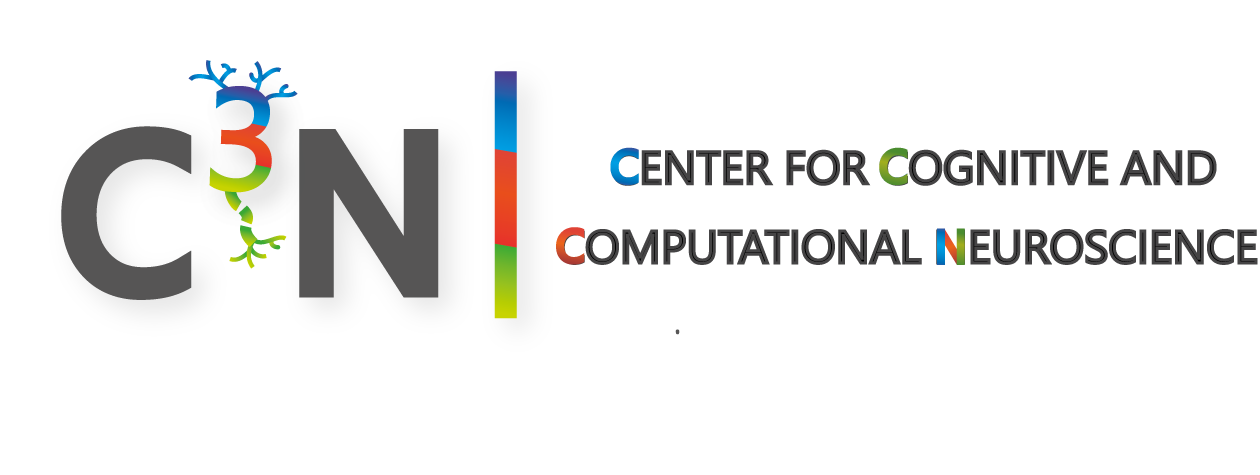Research team
Memory and Cognition
Our team investigates the cognitive and neural basis of memory control, and its interactions with other mental and cognitive processes, with the aim of understanding complex mental phenomena such as language comprehension or psychological disorders.
Memory is one of our most remarkable cognitive abilities. It allows us to keep track of our changing environment, integrating the past and present, and even projecting ourselves into the future. How do we turn a fleeting experience into a lifelong memory? How are we able to forget those events we do not want to recall? And what role do memory and forgetting play in our cognitive and emotional functioning? These are some of the questions we seek to answer in our laboratory, using behavioural experiments, psychophysiological techniques, and non-invasive brain stimulation.
Selected publications
- Reyes-Vargas MA, Gómez-Ariza CJ, Pacios J. On the Causal Role of the Right Lateral Prefrontal Cortex in Active Forgetting. J Cogn Neurosci. 2025. 1;37(12):2525-2537 (registered report stage 1). Pubmed ID: 40554797.
- Gómez-Ariza CJ, Pacios J. Cathodal tDCS over the right prefrontal cortex and inhibitory control: Pinpointing an electrode montage to disrupt a domain-general system. Neurosci Lett. 2025. 1;867:138388. Pubmed ID: 40987382.
- Villalobos D, Pacios J, Vázquez C. Cognitive Control, Cognitive Biases and Emotion Regulation in Depression: A New Proposal for an Integrative Interplay Model. Front Psychol. 2021; 12:628416. PubMed ID: 33995183.
- Pacios J, Caperos JM, Del Río D, Maestú F. Emotional distraction in working memory: Bayesian-based evidence of the equivalent effect of positive and neutral interference. Cogn Emot. 2021. 35(2):282-290. PubMed ID: 33143521.
- García-Pacios J, Garcés P, Del Río D, Maestú F. Tracking the effect of emotional distraction in working memory brain networks: Evidence from an MEG study. Psychophysiology. 2017 54(11):1726-1740. Pubmed ID: 28649710.


